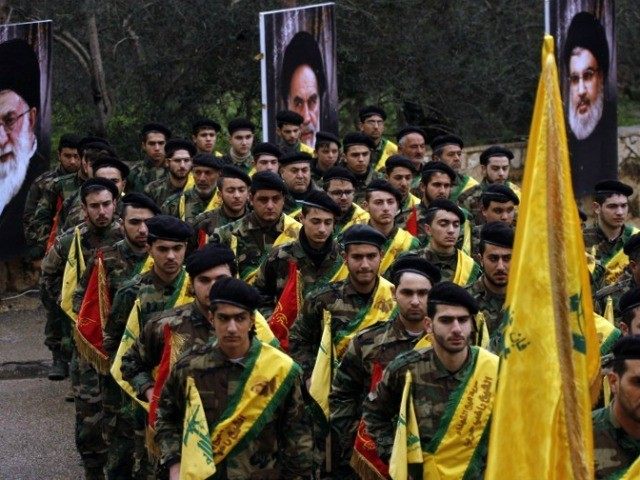Ali Awad Asiri, the Saudi Arabian Ambassador to Lebanon, told terrorist group Hezbollah they should not be concerned about Yemen.
“First of all, I have the right to respond to issues concerning my country and its leaders, especially when you listen to a language that has gone beyond the limits of reasoning,” explained Asiri. “Secondly, I do not see that Yemen is Hezbollah’s business. Hezbollah is in Lebanon, not in Yemen, which has its statesmen and privacy. I see that Hezbollah’s intervention in Yemen and its support for the Houthis as reported by the media, and the usage of [Hezbollah’s] media in the ongoing war in Yemen, is unacceptable.”
On Monday, Hezbollah Deputy Chief Sheikh Naim Kassem sat down with The Associated Press for an exclusive interview. He told the publication, Saudi Arabia will “pay a heavy price” for the bombings.
“Saudi Arabia has embroiled itself (in Yemen) and will incur very serious losses… that will increasingly reflect on its status, its internal situation and its role in the region,” claimed Kassam. “What happened in Yemen is a crime that cannot be ignored… Saudi Arabia is committing genocide in Yemen, we cannot be silent about that.”
Kassam’s genocide comments reflected the same thoughts as Hezbollah’s Deputy Head Naim Qassem.
In 2011, Houthi leader Issam Al-‘Imad declared the group is similar to the Iranian regime and Hezbollah in Lebanon. A representative of Iran’s Supreme Leader Ali Khamenei confirmed as much in January. Abdu Rabbu Mansour Hadi, the exiled president of Yemen, warned in an op-ed in The New York Times that Houthi will become the next Hezbollah if they are not stopped.
“My country, Yemen, is under siege by radical Houthi militia forces whose campaign of horror and destruction is fueled by the political and military support of an Iranian regime obsessed with regional domination,” he wrote. “There is no question that the chaos in Yemen has been driven by Iran’s hunger for power and its ambition to control the entire region.”
Iran and Saudi Arabia have a strained relationship, mainly due to interpretations of Islam. Relations deteriorated after Attorney General Eric Holder claimed Iran planned to assassinate Saudi Arabia’s ambassador to the United States. Iran also blamed Saudi Arabia for the plunge in oil prices in January. Saudi Arabia does not want an Iranian ally on its border. Al-Monitor said if the Houthis win, it “may inspire the Shiites in eastern Province, an estimated 10% to 15% of the Saudi population who are already in a tense relationship with the establishment, to rise.”

COMMENTS
Please let us know if you're having issues with commenting.